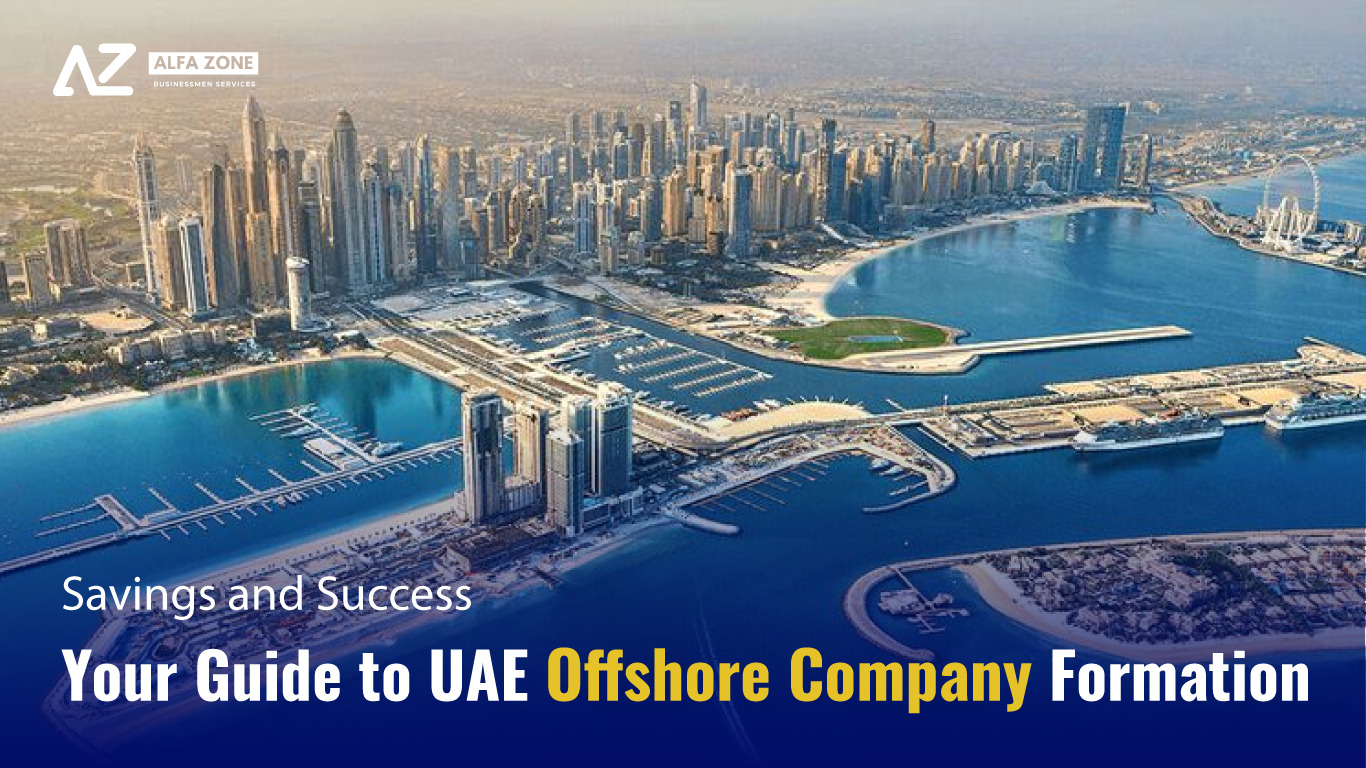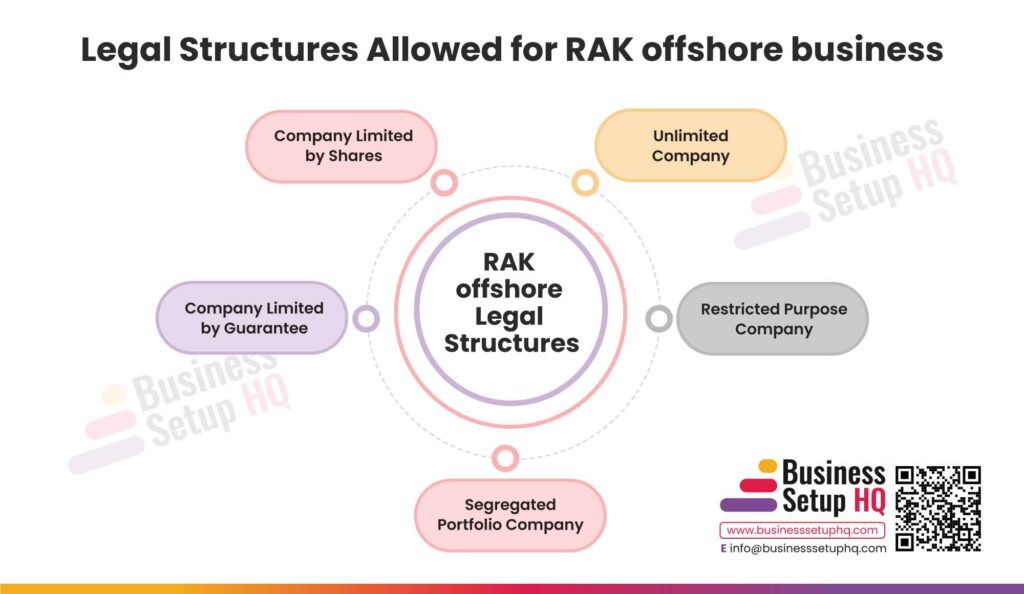Discover the Value of Offshore Company Formations for Global Business Growth
Offshore company formations have come to be a vital approach for organizations intending for global growth. These entities offer considerable benefits, consisting of tax optimization and enhanced personal privacy. Nevertheless, the intricacies bordering regulatory and lawful structures can be difficult. Firms must browse these ins and outs to maximize their possibility. Recognizing the core elements of offshore procedures is essential for those aiming to enhance their global presence and shield their properties. What details benefits can business gain from this approach?

Comprehending Offshore Firm Formations
Many entrepreneurs seek chances for global company development, understanding overseas business developments is vital for traversing this facility landscape. Offshore business formation refers to the process of signing up a service in a foreign territory, commonly for reasons such as tax obligation effectiveness, governing benefits, and asset protection. Business owners need to think about various aspects, consisting of the lawful requirements of the selected jurisdiction, the implications of neighborhood regulations, and the advantages of various business structures. Furthermore, knowledge of international treaties and compliance with global economic policies are substantial. Maneuvering this terrain requires careful preparation and tactical insights, as the incorrect choices can cause legal complications or economic challenges. By realizing the nuances of overseas firm formations, entrepreneurs can place their services properly for worldwide procedures, ensuring they are well-prepared to utilize on the possibilities presented by a global industry.
Secret Advantages of Developing an Offshore Entity
Developing an overseas entity offers numerous advantages that can greatly boost a company's operational performance and monetary efficiency. One significant advantage is increased adaptability in taking care of worldwide operations. Offshore entities commonly permit streamlined treatments that facilitate quicker decision-making and responsiveness to market changes (offshore company formations).Additionally, businesses can access to global markets much more quickly, leveraging neighborhood competence and resources that might not be offered in their home country. This can result in improved competition and innovation.Furthermore, developing an overseas business can supply improved personal privacy and confidentiality for owners and stakeholders. This defense can aid protect delicate information from possible competitors.Lastly, companies may experience lowered governing problems and conformity expenses, allowing them to allocate sources better. In general, these crucial benefits make offshore entities a critical choice for companies aiming for global growth and boosted operational performance

Tax Obligation Optimization Approaches Via Offshore Frameworks
Offshore frameworks not just enhance operational flexibility and access to global markets yet likewise existing considerable possibilities for tax obligation optimization. Services can take advantage of positive tax jurisdictions to lower their overall tax burden, allowing for reinvestment and development. By developing an overseas company in a tax-efficient area, companies can take advantage of lowered company tax rates, tax exemptions on particular sorts of income, and boosted property protection.These frameworks can help with tax planning strategies such as earnings shifting, where earnings are allocated to low-tax jurisdictions, and the usage of holding firms to take care of rewards and nobilities successfully. Additionally, using overseas accounts can improve cross-border deals, lowering withholding taxes and enhancing capital.
Enhancing Personal Privacy and Discretion in Service Operations
How can services effectively secure their sensitive information while navigating with the complexities of global procedures? Offshore company formations offer a tactical method for enhancing personal privacy and confidentiality in business activities. By developing entities in territories with strong privacy laws, companies can restrict the exposure of their financial and operational details. This not just safeguards exclusive information however also minimizes threats connected with information breaches and unapproved disclosures.Utilizing overseas structures allows businesses to maintain privacy in ownership and transactions, which is crucial in affordable markets. Furthermore, these developments commonly offer advanced data defense policies, guaranteeing that delicate information is protected from prying eyes.Employing robust safety measures, such as file encryption and safe and secure communication channels, additionally boosts the confidentiality of service procedures. By incorporating these techniques, business can with confidence browse the resource global landscape while maintaining their important info and sustaining a competitive side.
Browsing Governing and legal Considerations for Offshore Companies
Navigating the complexities of worldwide business needs an eager understanding of the regulatory and legal frameworks that regulate overseas business. These frameworks vary substantially throughout territories, demanding mindful evaluation to ensure conformity. Entrepreneur must know regional legislations pertaining to taxes, reporting commitments, and business governance to avoid lawful pitfalls.Additionally, laws bordering anti-money laundering (AML) and know-your-customer (KYC) methods play a crucial role in maintaining the legitimacy of overseas entities. Failing to abide by these guidelines can result in extreme charges, including criminal charges.Engaging with lawful specialists that focus on offshore company development is often suggested, as they can browse the elaborate landscape of worldwide legislation. By continuing to be informed about the advancing governing atmosphere, businesses can tactically leverage overseas structures to optimize procedures while reducing risks. Eventually, an extensive understanding of legal factors to consider is crucial for effective worldwide development.
Frequently Asked Inquiries
How much time Does It Require To Set up an Offshore Business?
The period to develop an offshore business differs by jurisdiction, commonly ranging from a couple of days to several weeks. Aspects affecting this timeframe include particular governing requirements, paperwork prep work, and the efficiency of neighborhood authorities.
What Are the Costs Connected With Offshore Firm Development?


Can Individuals From Any Type Of Country Type an Offshore Firm?
People from different nations can indeed form offshore companies. Specific laws, demands, and restrictions may vary by jurisdiction, necessitating extensive research study to assure conformity with neighborhood regulations and global requirements prior to continuing.
Are There Any Kind Of Ongoing Conformity Demands for Offshore Firms?
Ongoing compliance requirements for offshore business vary by territory. Normally, these consist of annual filings, tax obligation affirmations, and keeping precise records. Failing to abide can cause penalties, making adherence visit this site essential for service sustainability and legal standing.
How Can I Locate a Reliable Offshore Provider?
To find a reliable overseas company, one should investigate on the internet reviews, confirm qualifications, and seek referrals from relied on organization affiliates. Furthermore, contrasting solutions and prices can assist assure a dependable selection for offshore firm formation. Offshore business formations have actually ended up being a crucial strategy for organizations aiming for worldwide growth. Several business owners seek opportunities for worldwide business expansion, comprehending overseas business formations is crucial for traversing this complex landscape. Offshore company formation refers to the procedure of registering a company in an international territory, usually for reasons such as tax obligation performance, governing advantages, and property defense. By establishing an overseas firm in a tax-efficient area, organizations can profit from reduced corporate tax obligation prices, tax exceptions on particular types of income, and enhanced property protection.These structures can help with tax obligation preparation methods such as earnings shifting, where home earnings are assigned to low-tax territories, and the usage of holding companies to take care of returns and aristocracies properly. Steering the intricacies of worldwide company requires an eager understanding of the regulatory and legal structures that regulate offshore business.
Comments on “offshore company formations: How to Stay Compliant with Local Laws and Global Regulations”